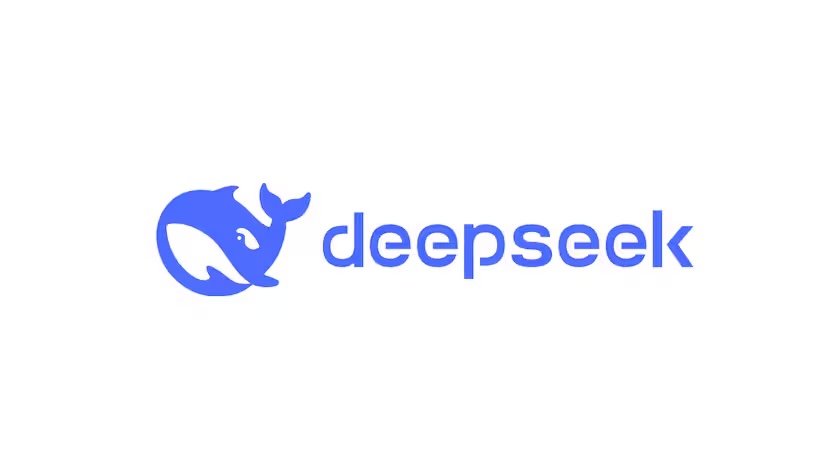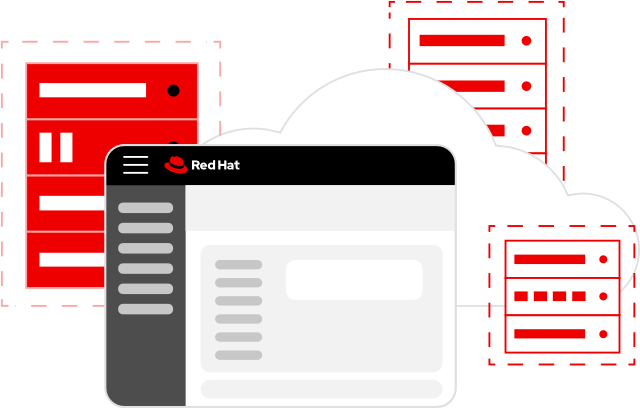Dell continues its push into multi-cloud with announcement of its Dell APEX Cloud Platform for Red Hat OpenShift.
Dell APEX Cloud Platform for Red Hat OpenShift
Dell combines its industry-leading infrastructure products with Red Hat OpenShift to deliver the first fully integrated application delivery platform purpose-built for Red Hat OpenShift. The new platform is designed to transform how organizations deploy, manage, and run containers alongside virtual machines on-premises.
If you’re not familiar with Red Hat OpenShift, it’s the leading platform for managing cloud-native workloads across cloud boundaries. Red Hat’s Kubernetes-based open-source container platform allows developers to automate the deployment, scaling, and management of applications.
OpenShift also provides a set of developer and operational tools, enabling a consistent environment across on-premises and cloud infrastructures, thus supporting a streamlined and simplified DevOps process.
The new Dell APEX Cloud Platform for Red Hat OpenShift emphasizes the simplification of managing multi-cloud environments. It’s designed to enable more effortless movement of applications and datasets across various cloud environments without sacrificing security, performance, or reliability. This is crucial for organizations operating in diverse and complex IT landscapes.
Combining high-performance infrastructure based on Dell PowerEdge servers with OpenShift’s modern container orchestration, the new solution accelerates application delivery, enabling organizations to realize the benefits of faster time-to-market and competitive advantage. The solution allows IT administrators to optimize workload placement to meet stringent enterprise SLAs for performance, scalability, and resilience across broad workloads.
Dell Validated Design for OpenShift AI
Dell also unveiled its new Dell Validated Design for Red Hat OpenShift AI on the APEX Cloud Platform. The new design allows organizations to deploy digital assistants utilizing Large Language Model (LLM) and the Retrieval Augmented Generation (RAG) framework in a secured on-premises environment. The offering provides agility, flexibility, portability, and scalability for data scientists to build and deploy AI-enabled applications.
The new validated design illustrates an integrated multi-cloud solution that enables using RAG with an organization’s own data securely on-premises. It is tailored to provide a structured approach for managing data across multiple cloud environments.
With a refined approach towards AI differentiation, the design reflects a broader trend of organizations embracing AI-driven futures to create more value for customers, employees, and shareholders. It acknowledges the immense potential of AI while addressing the complexities associated with deploying AI applications.
The platform has been jointly validated by Red Hat and Dell, ensuring that it meets the standards and requirements of both entities for deploying Red Hat OpenShift, thereby assuring a level of reliability and effectiveness.
The design is part of Dell’s broader initiative to support AI-enabled applications and to provide organizations with the necessary infrastructure and guidance to realize the full potential of AI applications for their business.
Analysis
Dell APEX Cloud Platform with Red Hat OpenShift represents a milestone in IT modernization, aligning with the trend happening with the rapid adoption of cloud-native strategies within enterprise IT. This is also a significant acknowledgment of the growing synergy between Dell and Red Hat.
Dell provides a structured and streamlined path to help enterprises navigate the journey to cloud-native application delivery and AI adoption. It aligns with the industry’s trend towards containerization, which is integral for modern application development and deployment.
The new APEX OpenShift platform is a substantial stride towards equipping enterprises with the tools and services necessary to navigate modern IT challenges, accelerate digital and data transformation, and harness the power of AI. These are crucial for enterprises to stay competitive in today’s fast-evolving IT landscape.





